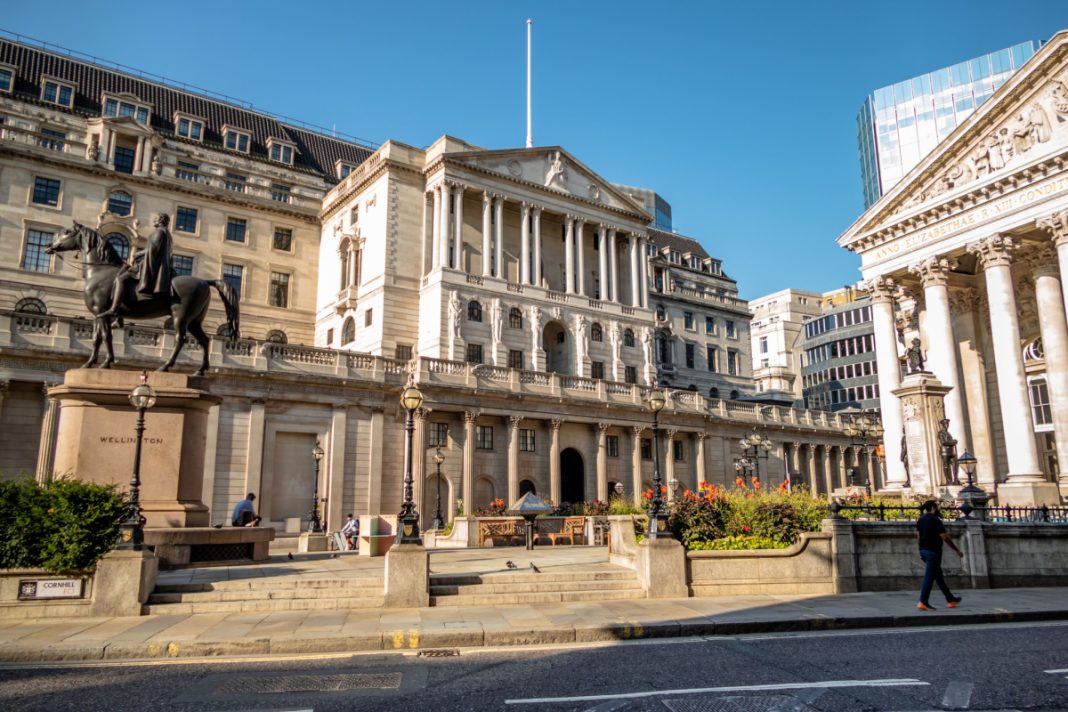Bank of England Deputy Governor, Sir Jon Cunliffe, has called for the introduction of regulatory guidelines surrounding crypto to avoid another collapse similar to the one FTX endured.
Sir Jon also noted that crypto regulation will also benefit the wider financial sector and has called upon Britain to step up its attempts to implement regulation, also needed to keep customers protected as Reuters believes up to $1bn of customer funds vanished due to FTX’s implosion.
“Whether or not one thinks it is sensible to invest or trade in the highly speculative assets that make up most of the activity in the crypto world, investors should be able to do so in transparent, fair and robust marketplaces, with the protections that they would get in conventional finance” stated Sir Jon.
FTX filed for chapter 11 bankruptcy after the crypto exchange was found to have an $8bn hole in its budget, with further claims that its former CEO, Sam Bankman-Fried had allegedly mishandled consumer funds.
FTX’s collapse sent shockwaves across the rest of the crypto sector, with many of the most popular cryptocurrencies, such as Bitcoin and Ethereum, beginning to decline in price.
This latest collapse, which happened several months after another major crypto downfall last May when TerraLuna collapsed and ultimately ceased to exist, has intensified crypto regulation talks.
Speaking at the Warwick Business School’s Gilmore Centre Policy Forum Conference on DeFi and Digital Currencies, Sir Jon stressed the importance of regulation and the “highly volatile” nature of cryptocurrencies.
He said: “FTX, along with a number of other centralised crypto trading platforms appear to operate as conglomerates, bundling products and functions within one firm. In conventional finance, these functions are either separated into different entities or managed with tight controls and ring-fences.
“Unbacked crypto assets are highly volatile, given that they have no intrinsic value. They are subject to runs and their value can change very quickly, as we have seen in recent months.”
Under the guidance of Prime Minister Rishi Sunak, the UK has begun to introduce the possibility of implementing a Digital Pound (Central Bank Digital Currency or CBDC) after agreeing on stablecoin guidelines in recent weeks.
Stablecoins are tethered to the value of a fiat currency, such as the English Pound, so their value remains in line with the fiat currency, which have been increasingly viable digital currency options for many countries across the globe.
India launched a pilot for the country’s first Digital Rupee, a CBDC that aims to help the country’s “interbank market more efficiently”.
Sir Jon was asked whether the UK will look to accelerate plans to introduce a Digital Pound, which he admitted that it was time to “get on” and “issue a digitally native pound”.
He added: “Our approach as regulators should be open, by which I mean we should be prepared to explore whether and if so, how the necessary level of assurance equal to that in conventional finance could be attained.
“But we should also be firm that where it cannot, we are not prepared to see innovation and the cost of higher risk.”























